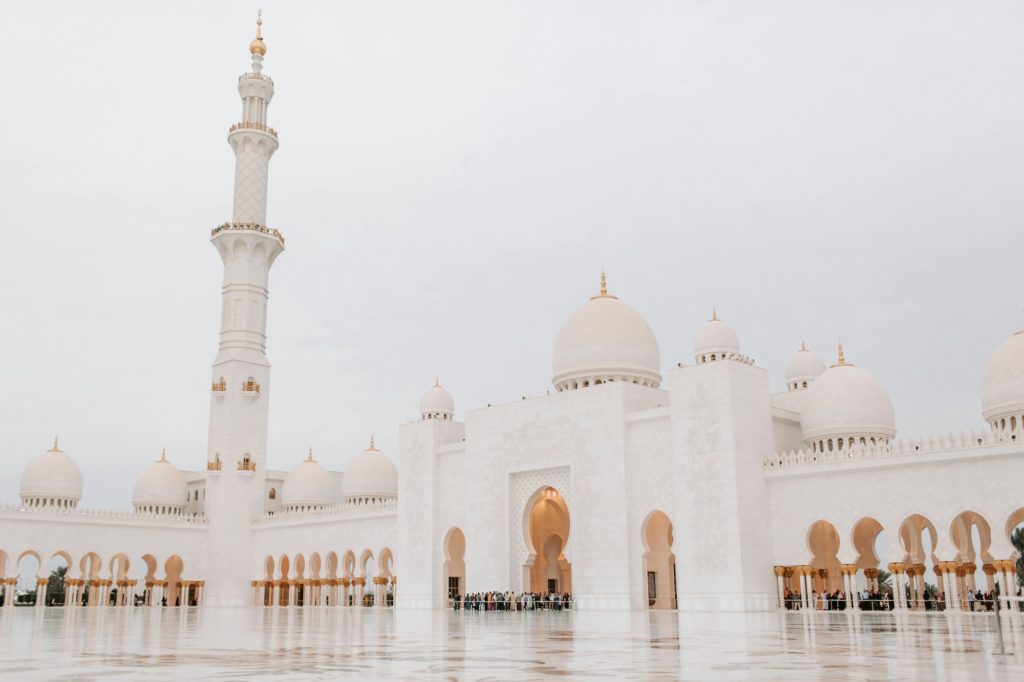WORLD
DESTINATION GUIDES
Discover Your Perfect Getaway with Our Travel Planning Website: A Vagabond Life Features Comprehensive Destination Guides, Expert Planning Articles, and Inspiring Travel Stories. Navigate the World’s Most Captivating Locations with Ease and Confidence. Whether You’re Dreaming of Tropical Beaches or Bustling Cityscapes, Our Resources Are Designed to Transform Every Trip into an Unforgettable Adventure. Start Your Journey Today and Explore the Globe Like Never Before
Search Destinations Here
Snapshot
Why Travel
Traveling opens doors to new experiences, broadens horizons, and enriches lives in countless ways. It allows us to break free from routine, step out of our comfort zones, and immerse ourselves in unfamiliar cultures. Travel fosters personal growth, builds empathy, and creates lasting memories. Whether it’s exploring ancient ruins, sampling exotic cuisines, or connecting with locals, travel inspires curiosity, creativity, and a sense of wonder. It provides opportunities for self-discovery, reflection, and appreciation of the world’s diversity. Ultimately, travel is not just about the destinations we reach but the transformative journey we embark on along the way.
How to Plan Your Trip
Planning a trip requires careful consideration of various factors to ensure a smooth and enjoyable experience. Start by determining your travel budget, timeframe, and preferred destinations. Research visa requirements, health precautions, and travel advisories for your chosen destinations. Consider transportation options, accommodation preferences, and activities that align with your interests and preferences. Create a detailed itinerary that balances sightseeing with downtime, allowing flexibility for unexpected opportunities or challenges. Pack light, but wisely, with essential items such as travel documents, medications, and versatile clothing. Don’t forget travel insurance to cover unforeseen emergencies or cancellations. Finally, stay organized, stay informed, and stay open to the adventure that awaits.
How to Choose Your Destination
Choosing a destination can be both exciting and overwhelming, given the vast array of options available. Start by considering your interests, whether it’s history, nature, adventure, or relaxation. Research destinations that align with your preferences, taking into account factors such as climate, culture, and safety. Consult travel guides, blogs, and recommendations from friends or family for inspiration. Be realistic about your budget, timeframe, and travel restrictions, such as visa requirements. Consider off-the-beaten-path destinations for unique experiences and fewer crowds. Ultimately, trust your instincts and choose a destination that resonates with your sense of adventure and curiosity.
General Safety and Dangers When Traveling
While travel is generally safe, it’s essential to be aware of potential risks and take precautions to ensure your well-being. Research the safety and security situation of your destination, including crime rates, political stability, and health concerns. Be vigilant in crowded tourist areas, markets, and public transportation, where pickpocketing and theft can occur. Avoid walking alone at night, especially in unfamiliar or poorly lit areas. Stay informed about local customs, laws, and cultural sensitivities to avoid unintentional disrespect or offense. Protect your personal belongings, keep valuables secure, and use hotel safes when available. Be cautious when exploring nature or engaging in adventure activities, following safety guidelines and heeding warnings from local authorities. Lastly, trust your instincts, stay alert, and don’t hesitate to seek assistance or advice from locals or authorities if needed.





